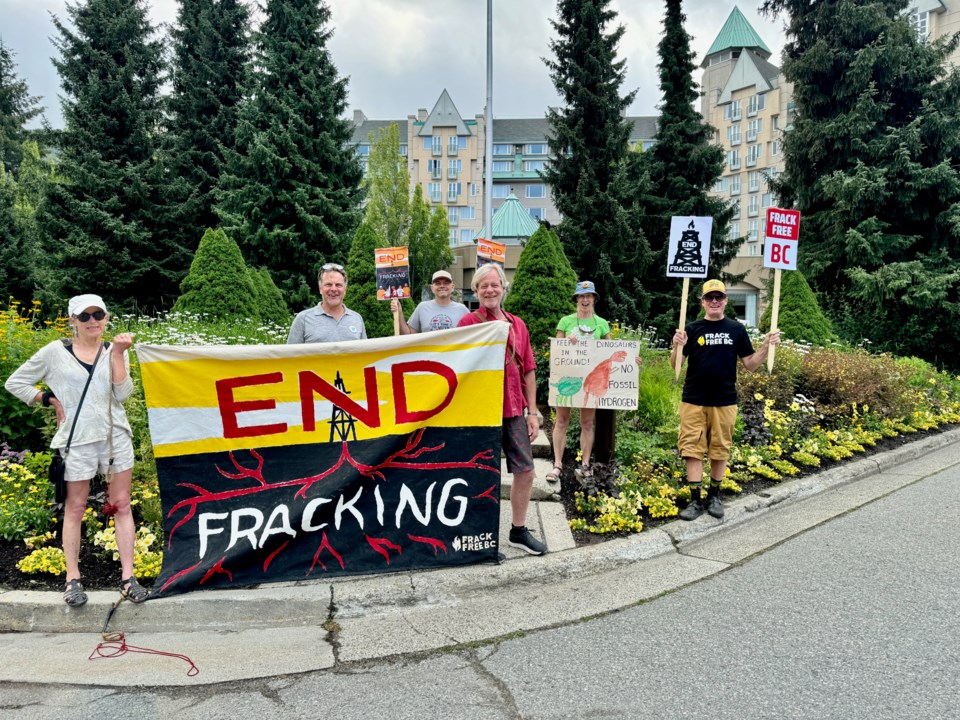Last month, the Pacific NorthWest Economic Summit was held at the Fairmont Chateau Whistler. Government officials from northwestern states and provinces met with business leaders to discuss regional economies. Clean energy was said to be an important topic to be addressed, with a focus on the hydrogen economy.
Hydrogen could be a great solution to shift away from fossil fuels for trucking. Electric powered vehicles aren’t powerful enough for large loads yet. Burning hydrogen as a fuel produces water vapour as the primary emission, making it a clean alternative to fossil fuels. But, we are only discussing the burning process here, the production of hydrogen can have substantial environmental downsides.
There are two ways to produce hydrogen. The most common method, Steam Methane Reforming (SMR), also referred to as “blue hydrogen,” has a high global warming potential (GWP), mainly due to the CO2 emissions associated with the process (Suleman et al., 2015). Moreover, the methane used in the process is fossil gas (known under the greenwashing term “natural gas”). The extraction process of fossil gas, fracking, has devastating effects on the environment, with shocking water contamination and dangerous air pollution.
The second option, electrolysis, or “green hydrogen,” is the cleanest method. Electricity is used to split water into hydrogen and oxygen, leaving nothing else behind. When combined with nuclear or renewable energy, green hydrogen can be very efficient and environmentally friendly (Utgikar & Thiesen, 2006). If we were to really discuss clean energy and decarbonization, this would be the method used.
Interestingly, FortisBC, leader in fossil gas production, was not only participating as a business, but was also one of the sponsors of the summit. Can we see a conflict of interest here? No doubt their business would profit from selling all the fossil gas required for the SMR process. FortisBC is also currently facing a lawsuit over allegations of greenwashing.
Last week’s summit was about economic development. It seems to me that the terms “clean” energy and decarbonization were used as a ruse. When fossil fuel businesses foot the bill at the Fairmont for talks of decarbonization with government officials, a flag should be raised.




